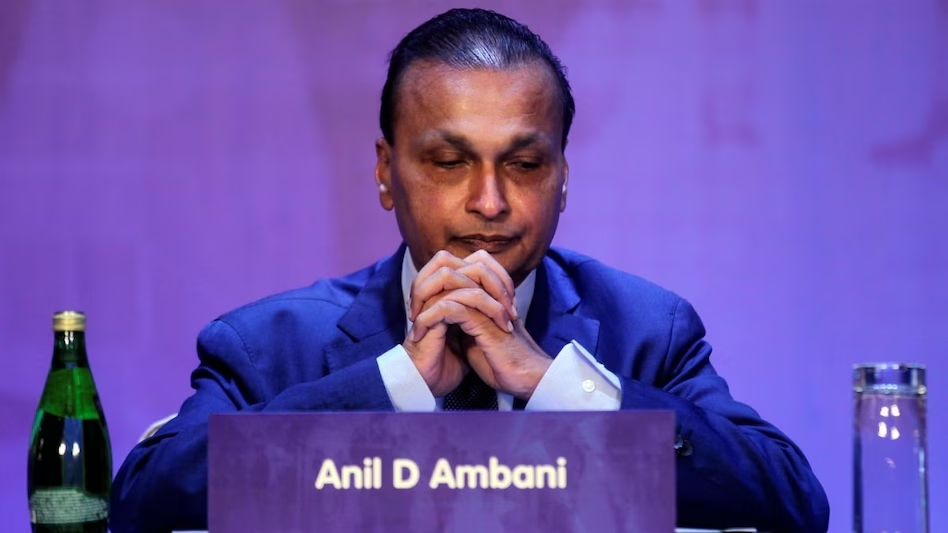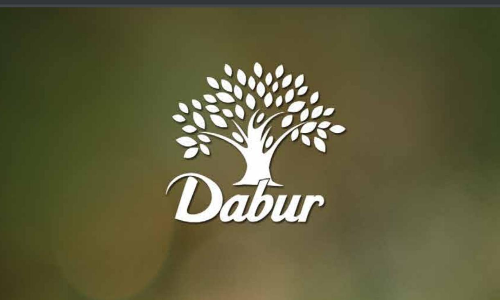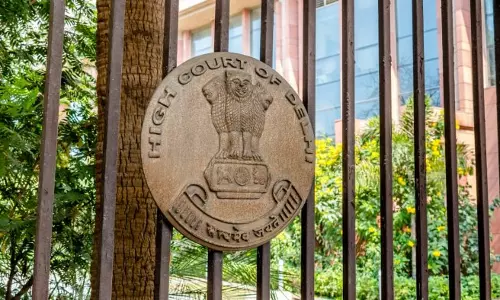
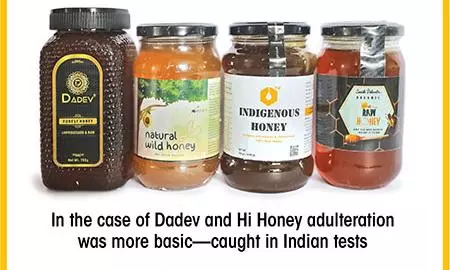
10 out of 13 brands adulterate honey, unveils CSE
text_fieldsThe Centre for Science and Environment, on Wednesday, revealed that 10 out of 13 honey brands sold in India are adulterated. The expose follows an investigation which tested, processed honey of brands including Dabur, Patanjali, Zandu, Saffola, Baidyanath, Apis, Markfed Sohna, Hitkari, Nature's Nectar, Dadev, Hi Honey, Indigenous Honey, and Societe Naturelle honey. Only Saffola, Markfed Sohna, and Nature's Nectar passed all the tests.
As part of the investigation, multiple samples were tested in India and Germany. In India, tests were conducted at the Centre for Analysis and Learning in Livestock and Food (CALF) at the National Dairy Development Board (NDDB) in Gujarat. All big brands except Apis Himalaya passed initial tests. Smaller brands failed at the C4 test which is a test to identify adulteration with cane sugar.
Following this, samples underwent a test called Nuclear Magnetic Resonance (NMR) at a specialized German laboratory which has chosen to stay anonymous. NMR is a test used globally to ascertain honey quality. Though brands are not required to pass the test for sale within India, it is compulsory for honey which is being exported. All except three brands failed at the test. The samples were adulterated with a modified sugar from China at varying proportions of 25%, 50% and 75%. However, honey with up to 50% of adulteration with this modified sugar passed FSSAI recommended tests in India.
"It shows how the business of adulteration has evolved so that it can pass the stipulated tests in India," said Amit Khurana, programme director of CSE's Food Safety and Toxins team.
The syrup is imported to the country as fructose and advertised in online market places, such as Alibaba.com and TradeIndia.com. CSE contacted dealers on mail enquiring the availability of the syrup to which they responded in the affirmative. Dealers further claimed that even if honey were to be adulterated with 50-80 per cent of the syrup, it would still pass the tests in India. Dealer companies route samples through Hong Kong to avoid customs clearance.
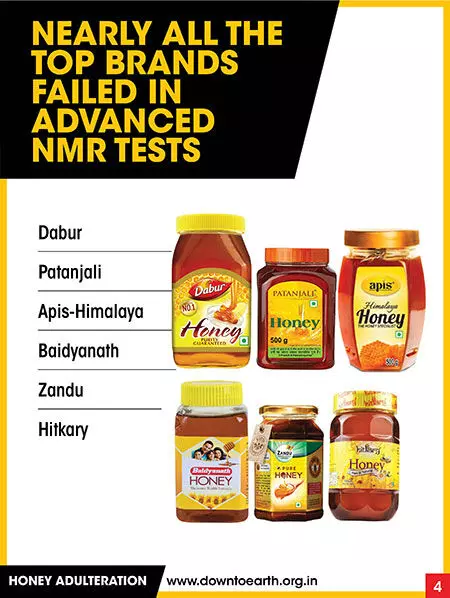
The investigation was launched following the revelation that despite the increased sale of honey during the pandemic, beekeepers in North India are faced with reduced profits. The sale of honey increased in the last few months owing to the immunity-boosting properties of honey against COVID-19.
"Our research has found that most of the honey sold in the market is adulterated with sugar syrup. Therefore, instead of honey, people are eating more sugar, which will add to the risk of Covid-19. Sugar ingestion is directly linked to obesity, and obese people are more vulnerable to life-threatening infections," said Sunita Narain, CSE director-general in the press conference.
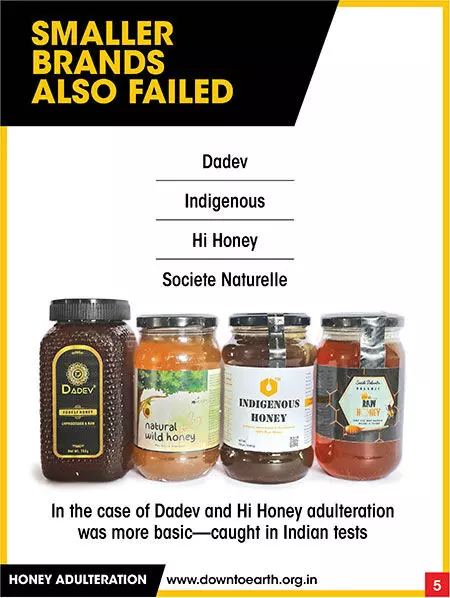
Dabur has refuted the allegations claiming itself to be the sole company in India which has an NMR testing equipment in its lab. Emami group which owns the Zandu brand claims to fulfil all the mandates of FSSAI. Patanjali claimed it is a plot to defame the Indian natural honey industry.
CSE, however, stands firm on its findings.























